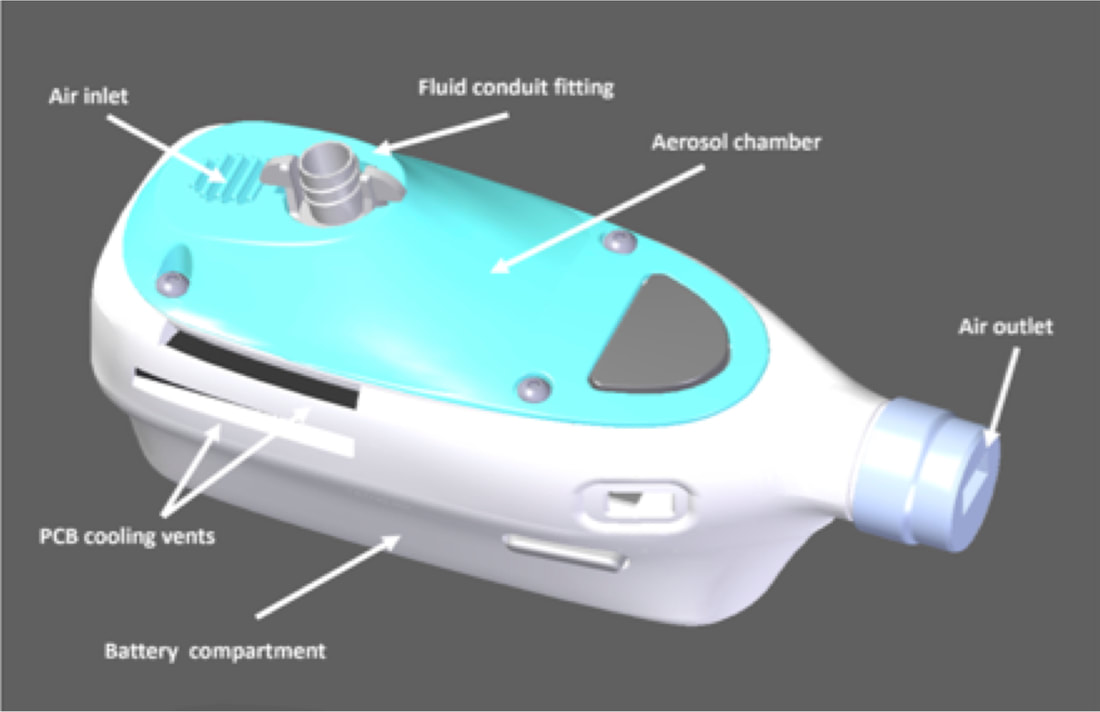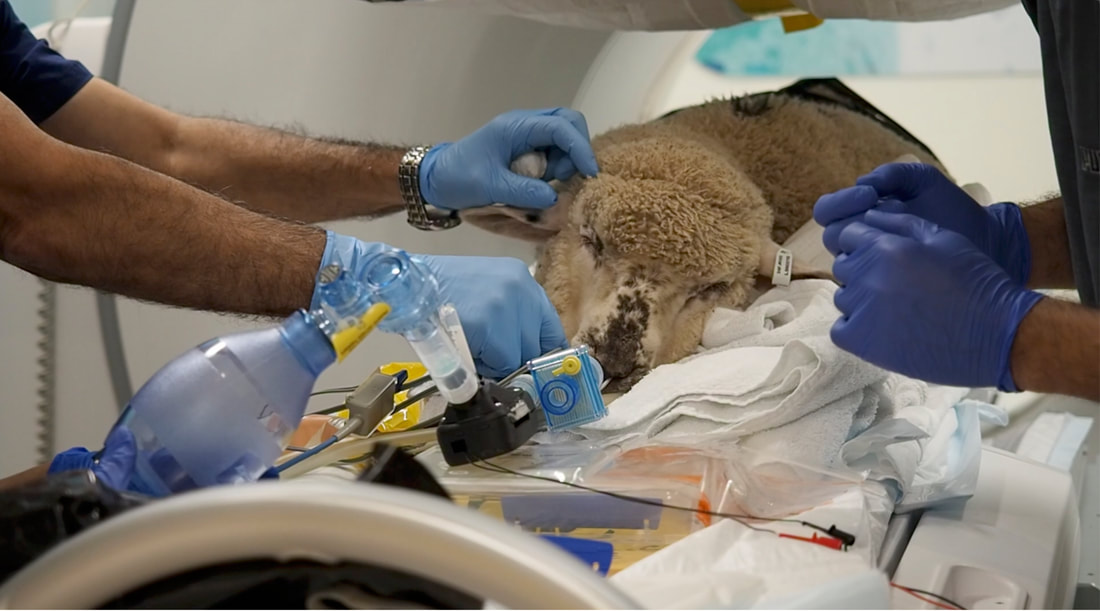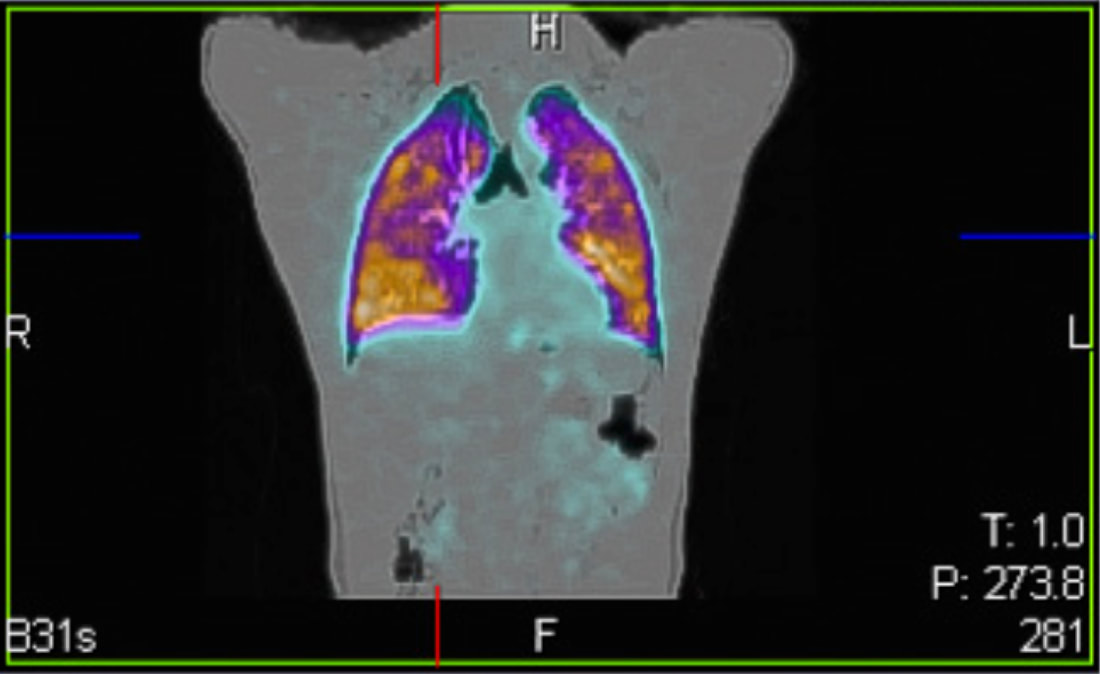|
Our laboratory is actively pursuing the translation of a low-cost portable drug delivery platform based on acoustically-driven nebulisation that, if successful, could be used for widespread pulmonary vaccine delivery in third world nations. This inhalation therapy platform, which allows the delivered dose to be specifically adjusted according to a patient’s physiological profile, could also potentially form the next market replacement for current inhalers and nebulisers, and mark the development of personalised medicine devices for inhaled therapeutics—in particular, for the next generation in medicines, namely, the delivery of biologics. Further, our recent work on lung delivery of influenza vaccines in ovine models, funded by the National Health & Medical Research Council (NHMRC) has also enabled a breakthrough in inhaled DNA vaccine delivery, thus highlighting the enormous potential for needle-free vaccination, which could revolutionise vaccine administration particularly in the developing world.
Besides vaccine delivery, our team have also demonstrated the potential of the platform for lung delivery of next generation macromolecular therapeutics for the treatment of a wide range of pulmonary diseases. For this, we received the 2017 Johnson & Johnson World Without Disease Quickfire Challenge Award in recognition of its potential to revolutionise lung cancer therapy. Other studies we have carried out to demonstrate the efficacy of the technology towards practical commercial translation include a lamb trial with the Murdoch Children’s Research Institute for the treatment of paediatric respiratory syncytial virus and a clinical human lung scintigraphy trial at St George Hospital in collaboration with researchers from the University of Sydney, the latter funded by an Accelerating Commercialisation Grant from the Australian Government's Department of Industry, Innovation & Science. See here for a list of publications on the patented HYDRA, Respite and Respire technologies. |
|
Press Releases
|
|




